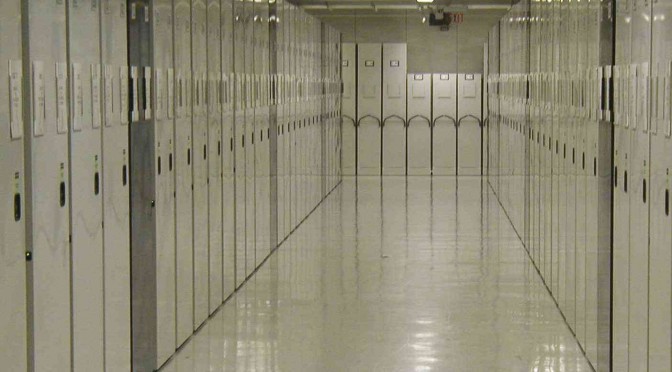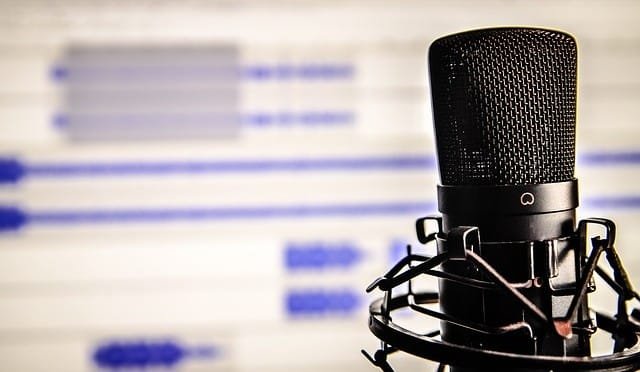The Wichita public school district could boost its engagement with citizens with a simple step that would add no cost.
If you’d like to watch a meeting of the board of USD 259, the Wichita public school district, your options are few. You can attend the meetings in person. Or, if you subscribe to certain cable television systems, you can view delayed repeats of the meetings. But that’s it.
Live and archived video of governmental meetings is commonplace, except for the Wichita public schools. Citizens must either attend the meetings, or view delayed broadcasts on cable TV.
There’s a simple way to fix this. It’s called YouTube.
When the Sedgwick County Commission was faced with an aging web infrastructure for its archived broadcasts, it did the sensible thing. It created a YouTube channel and uploads video of its meetings. Now citizens can view commission meetings at any time on desktop PCs, tablets, and smartphones. This was an improvement over the old system, which was difficult to use and required special browser plug-ins. I could never get the video to play on my Iphone.
The Wichita school district could do the same. In fact, the district already has a YouTube channel. Yes, it takes a long time to upload two or three hours of video to YouTube, but once started the process runs in the background without intervention. No one has to sit and watch the process.
Earlier this year I asked why the district does not make video of its meetings available archived online. The district responded that it “has a long-standing commitment to the USD 259 community of showing unabridged recordings of regular Board of Education meetings on Cox Cable Channel 20 and more recently AT&T U-verse Channel 99.” The meetings are broadcast seven times starting the day after each meeting. Two of the broadcasts start at 1:00 am.
I was also told “The district does not archive complete Board meetings on the Web site because of file size and bandwidth.” YouTube takes care of that problem at no cost. As it turns out, the district does have some material from board meetings available on its website. This is welcome. But not complete meetings, and what’s there is supplied in a non-streaming format.
Showing meetings delayed on cable TV is good. It was innovative at one time. But why aren’t meetings live? What if you can’t watch the meeting before it disappears from the schedule after a week? What if you don’t have Cox or AT&T U-verse? What if you want to watch meetings on your computer, tablet, or smartphone? I don’t think the fact that meetings are on cable TV means they can’t also be on YouTube.
It’s just an idea.







